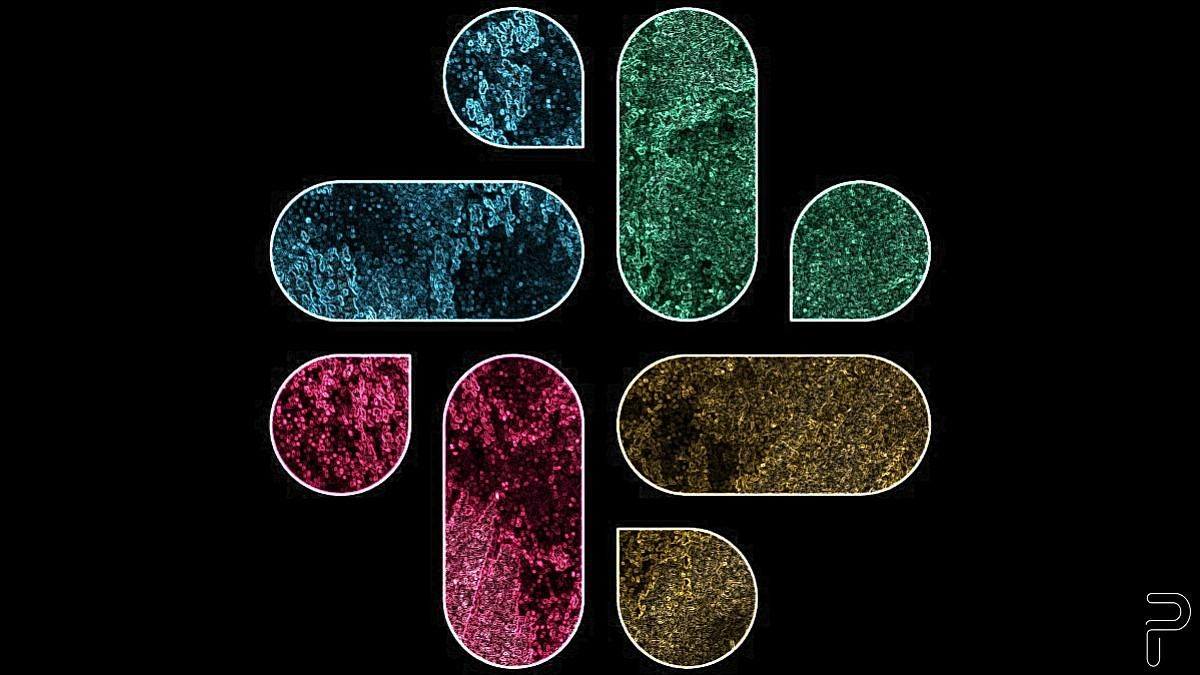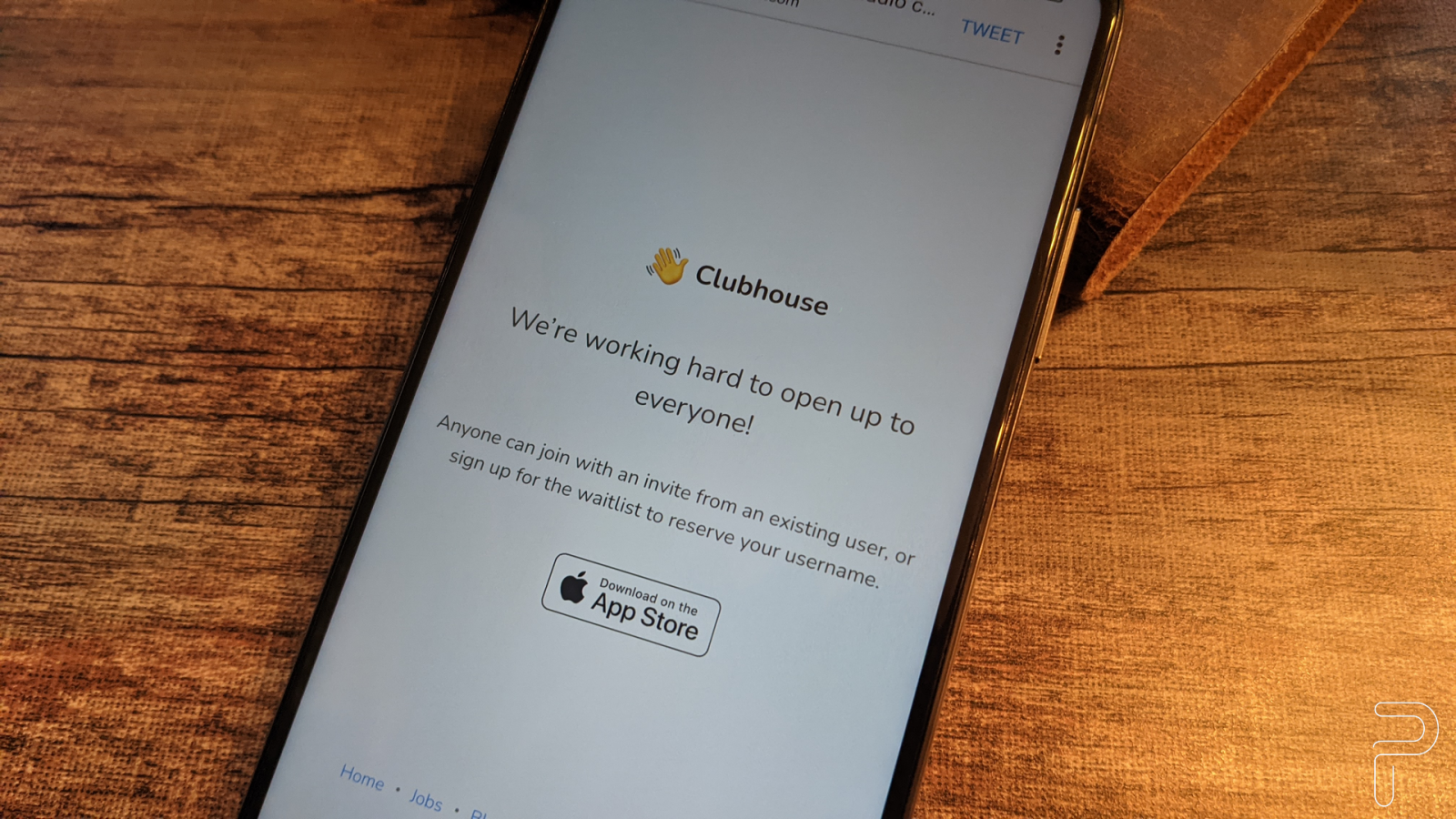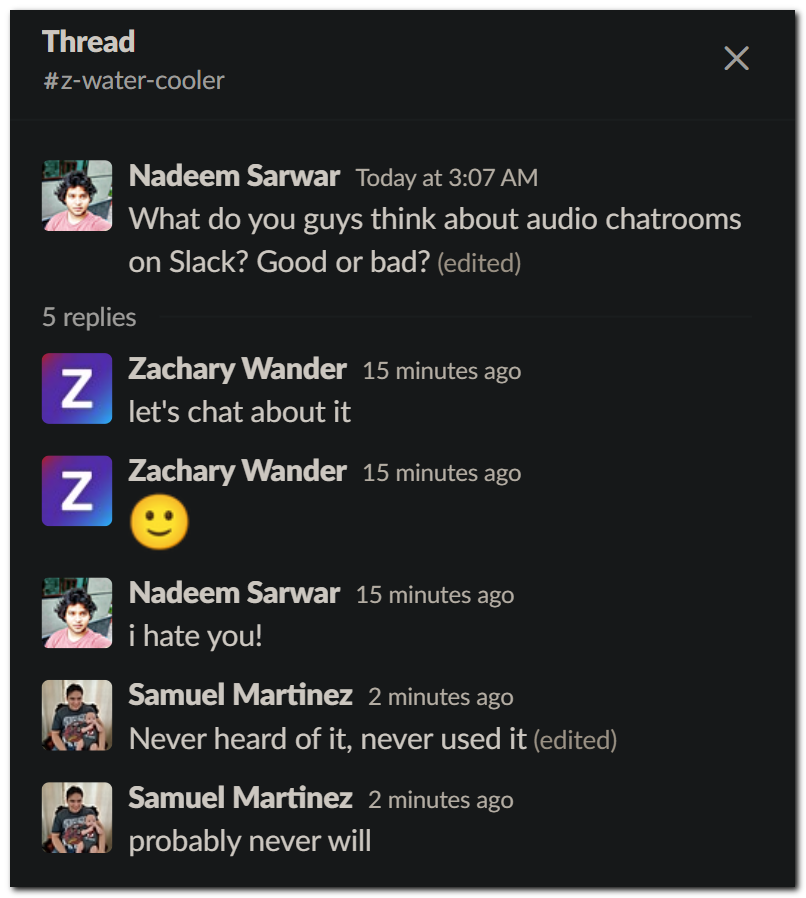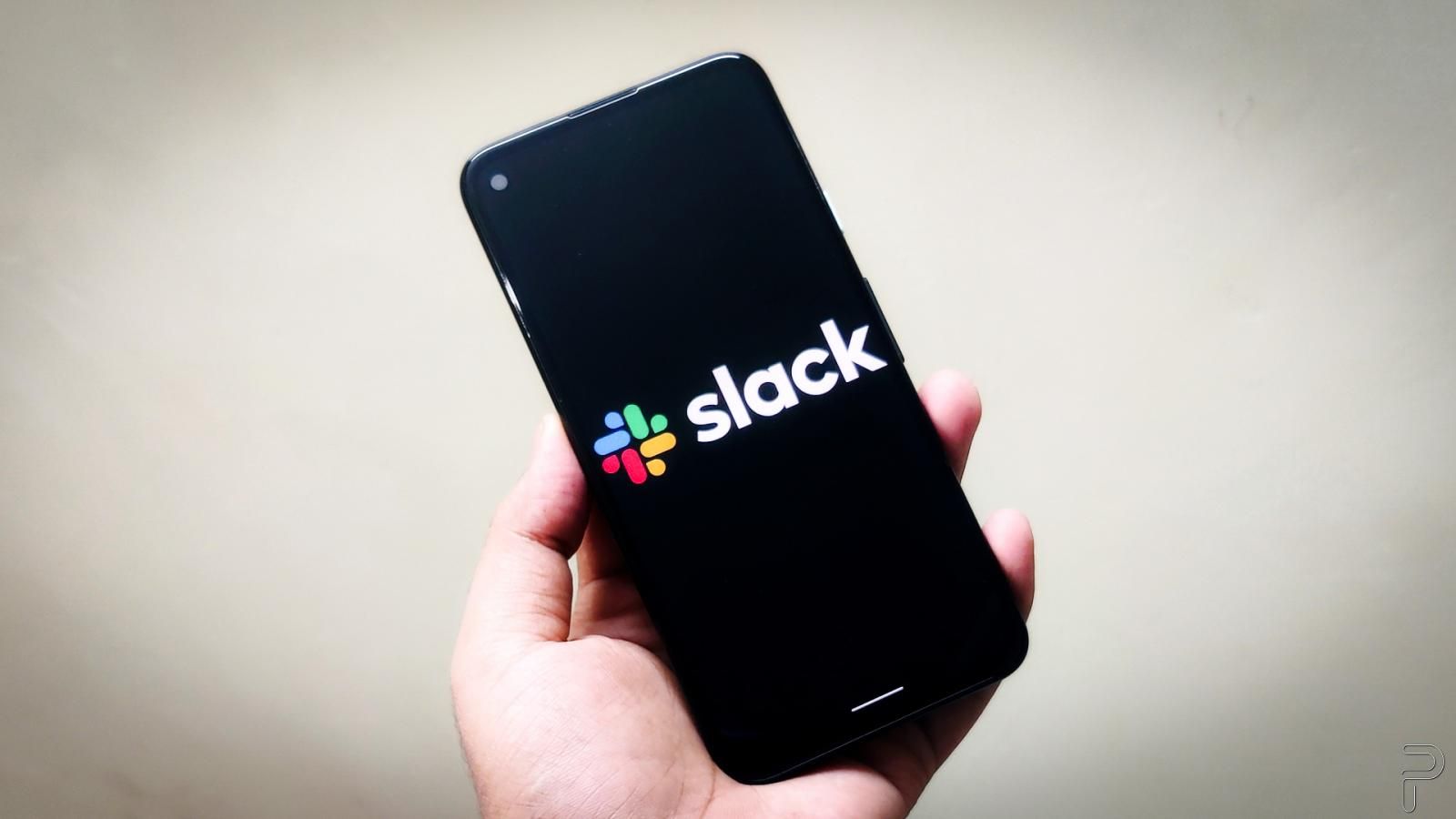Clubhouse emerged as an unlikely success story during the pandemic era with its not-so-unique-but-well-timed audio chatroom feature. And it keeps growing, having raised millions of dollars this year to achieve the coveted unicorn status. A Bloomberg opinion piece called it the next social media star. VICE, on the other hand, pointed out the unchecked spread of conspiracy theories on the platform. TheVerge’s Casey Newton also wrote a fantastic article about how the lack of content moderation might prove to be Clubhouse’s doom. Going a step further, Angel investor and Twitch exec Shaan Puri even predicted how Clubhouse will eventually fail. Lofty flattery and scathing criticisms aside, Clubhouse continues to grow and generate buzz.
Imitation is flattery. A billion-dollar company aping a start-up is crushing the competition.
And in the middle of it all came the wave of copycats. Or as the civilized people from Silicon Valley would put it – Imitation is the best form of flattery. Or as a normal, capitalism-hating person would define it – the ruthless trend of a multi-billion dollar company aping a much smaller startup and crushing the competition. And just like that, Clubhouse too became the unwilling muse for established social media giants to mimic. Care to guess the names of some of these artists? Facebook? Of course. Twitter? Yep. Even Telegram did it.
Hey Slack, welcome to 3C – the Clubhouse Copycat Club!
The next in line is Slack. Yeah, the app millions of people use to communicate and collaborate with their teammates working remotely across the globe, and to also share terrible jokes and bad takes on almost any topic imaginable. But predominantly, for work. Slack already offers a calling – both voice and video – feature. So, why pull a Clubhouse and add an audio chatroom feature that people can join and leave at their whim? Well, because a new feature usually doesn’t hurt users, especially when the service is free. Also, because good artists copy, great artists steal. The latter are words of Slack CEO Stewart Butterfield, who said he’s always believed in that philosophy.
Slack CEO announced plans to copy Clubhouse in a Clubhouse chat with Clubhouse CEO
During a recent episode of Clubhouse chat called PressClub that is hosted by former TechCrunch journalist Josh Constine, Butterfield announced that the company is building a Clubhouse into Slack. And oh, the funny thing is that Clubhouse CEO Paul Davison was also a part of the session. As a speaker. Coming back to Slack, Butterfield didn’t reveal much about how the ‘synchronous audio’ thing will be built into the platform, aside from giving us a vague ‘look out for Clubhouse built into Slack.’
– Slack CEO Stewart Butterfield
I DO NOT want audio chatrooms on Slack
So, we are getting synchronous audio chat rooms on Slack. You can join them at your will, leave them when you desire, or even speak a few words of wisdom if your boss thinks you’re worthy of the opportunity. Or, if you happen to be the boss hosting that chat session. The idea sounds good on paper. But what’s the real point of it? Your daily or weekly team meetings happen over Zoom or Google Meet, in which all teammates get to see each others’ faces, plan a few things, share a couple of laughs, and get back to work. After that, Slack is where text-based communication happens throughout the day. In my case, round the clock!
Unless I work with Dave Chappelle and Kevin Hart, I'm not willing to join a chatroom on Slack
So, why would I want to jump into an audio chatroom with my colleagues that is not crucial for work? Yes, I would love to defend how Zack Snyder’s Justice League is a cinematic masterpiece. And how a cargo ship that drew a male genitalia route before getting stuck in the Suez Canal and disrupted 10% of the world’s trade flows through the waterway is the kind of modern world problem that the likes of Edison and Tesla couldn’t have imagined. But events like these happen rarely, and as such, the need for audio chatrooms to get in a chaotic chat with colleagues, with whom you already chat over work and share memes five days a week, doesn’t make much sense.
Zoom and Meet video calls are enough. Why hop on a Slack audio chatroom?
Heck, our weekly Google Meet video chats have kept getting shorter over time, because video conferencing exhaustion is a real thing. And that’s not just me saying. The researchers at Stanford believe that too, and journalists at reputed media houses such as TheWashingtonPost have even doled out valuable advice on how to tackle Zoom fatigue.
One might argue that having an audio chatroom feature might come in handy when you actually need it. And I agree, especially if I were a Slack product design executive who wanted to keep evolving the platform and get more users hooked to it. But from a regular remote worker’s perspective, I’d rather use services such as Telegram, Discord, or Google Meet that we’ve grown accustomed to using for jumping into a group call with my teammates. And that too, only when it’s really important, or interesting. Until then, I’ll just play my favorite Chilled Cow mix and work in peace!




